
Article
The Confession
A psychologist has shown how police questioning can get innocent people to condemn themselves.
Science,
2019
Recommendation
Nothing can be more devastating to a law-abiding citizen than to be convicted of a crime he or she didn’t commit. Yet, as Douglas Starr explains in an eye-opening article, many wrongful convictions are partly based on the innocent suspect’s own admission of guilt. Psychologists are now starting to learn that people are more prone to false confessions than previously thought. Their findings have prompted a rethinking of conventional law enforcement methods and processes. The article will interest anyone concerned about a well-functioning criminal justice system.
Summary
About the Author
Douglas Starr is a journalist based in Boston.
By the same author
Article
Article
Learners who read this summary also read
Book
Book
Article
Book









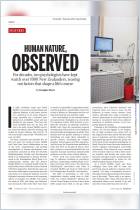
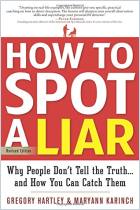
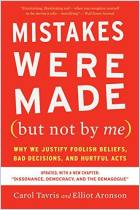
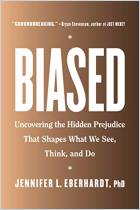

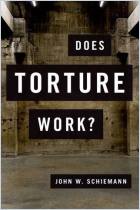
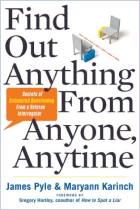



Comment on this summary